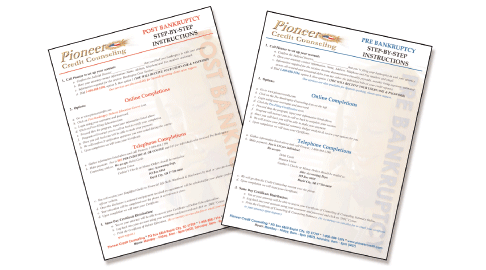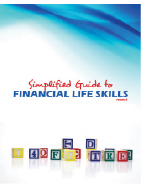Summer Spending
The summer months are here along with plenty of things that you will spend money on. Many people think that you spend a lot of money during the holidays, but the summer months are filled with money spending situations. You have graduations, weddings, sports, vacations, home improvements, and whatever else might pop up.
It is important that we prepare our budget for this extra sultry spending. It is a good idea to get the calendar out and mark any dates that are going to require you to purchase a gift or spend any extra money. Some occasions may require you to travel. So you will want to budget for gas and lodging as well. Stay with friends when possible and sometimes you may be able to carpool to the event.
Set a limit that you are going to spend for each event. There are plenty of nice gifts that you can find for under $10. Search a gift registry to purchase some of the small items on the list. You can also pitch in money with friends and buy a gift together. You can also donate time if you have it.
Also, remember that you may be spending a lot more time at the ball fields leaving you little time to cook and more time buying soda and hotdogs. Don’t forget pizza and ice cream after the game. It’s important to account for the extra cash that will be spent due to hectic summer activities.








